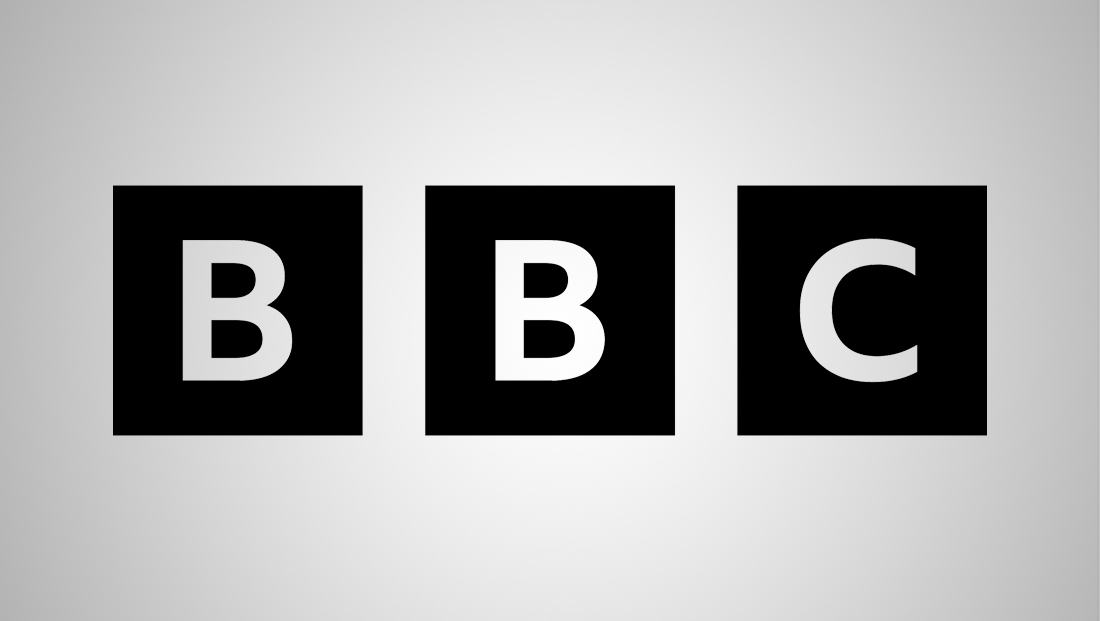Broadcast fee that funds most of BBC to be frozen for two years
By MixDex Article may include affiliate links

The fee that funds Britain’s BBC will be frozen for the next two years, a move that will potentially lead to cost-cutting and other changes at the broadcaster.
The fee, which is charged to any U.K. household receiving a television signal, is currently set at £159, which is about $180 U.S.
This, in turn, generates about £3.75 billion (or over $5 billion) that BBC uses to operate and provides ad-free television service to U.K. households.
By freezing this fee and with inflation on the rise, the BBC could end up coming up about £2 billion short in the next two years. In theory, that £2 billion is largely theoretical since there’s no guarantee that lawmakers would end up appropriating that to the BBC, but it’s still likely that future financial planning at the broadcaster relied heavily on those anticipated funds.
In addition, like other broadcasters and other businesses, the BBC is also likely to face rising operating costs if inflation keeps rising, so freezing the fee for two years is likely to be a substantial blow.
BBC is considered a national broadcaster, meaning that it receives public funding. It is not, however, considered to be a government or state-sponsored media outlet as its editorial control is largely autonomous.
BBC also generates revenue, though it is comparatively small, through licensing fees ad revenue from channels offered outside the U.K., such as BBC America and BBC World News. It also licenses its shows to broadcasters around the world and runs streamer BritBox with ITV.
There has been talks that lawmakers could seek to eliminate the annual license fee entirely when the BBC charter is up for its next review in 2027.
Popular Searches
- TV Industry News
- Broadcast Engineering News
- Broadcast Design News
- TV Talk Shows
- TV Syndication
- TV Advertising
- TV News Jobs
- TV Industry Mergers and Acquisitions
- TV Anchors
- Cable News
- Late Night TV
- TV Syndication News
- Broadcast Industry News
- TV News Drone Journalism
- TV News Augmented Reality
- TV Weather Forecasting
- TV News Journalism
- TV News Ethics
- OTT News
- News About NBC
- News About CBS
- News About ABC
- News About CNN
- News About MSNBC
- News About Fox News

